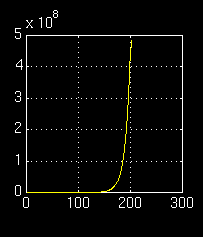The Cyberwork: The archetypal imagination in new realms of ensoulment. From the C.G. Jung Page: An article by Cliff Bostock. Towards a Jungian Psychology of Technology
In some ways, this paper represents the recanting of some of my own positions or at least an effort to situate myself with more clarity in cyberspace. It is also an effort to establish some kind of rapprochement between cyber – thinking and the archetypal imagination. This is important to me because among the archetypal Luddites seems to be James Hillman himself. I have heard him dismiss cyberspace in public talks.
The quality of images
The dismissal of cyberspace by so many archetypal psychologists intrigues me because, as I said, the medium is purely imagistic and, according to the Hillmanian view, images are the foundation of psyche. Of course, images have varying character. Images can be degraded in their representation and, certainly, the images in cyberspace vary wildly in that respect. But one does not dismiss all art on the basis of bad painting.
Have I already linked to this? I have some of Cliff’s stuff linked BUT atomz Search is not working! I’m fixing it. This article is of great interest because it addresses the *exact* field of my interest. And yes – many whose psychology I like miss the psyberside.
later: Saturday, March 6, 2010 Entire text follows to prevent link decay.


